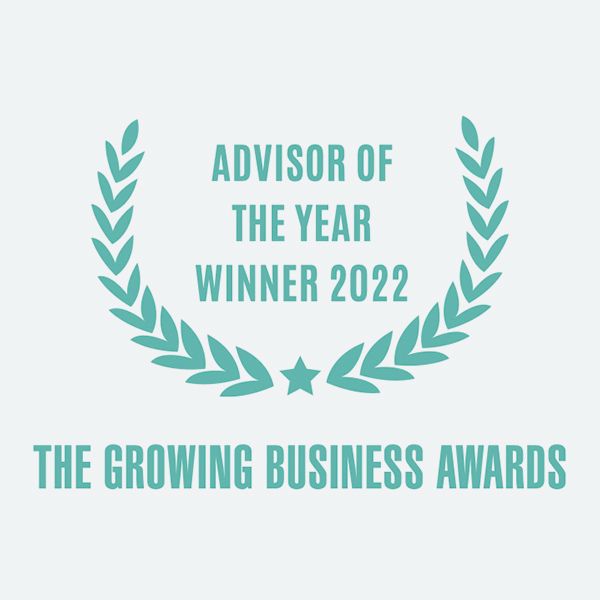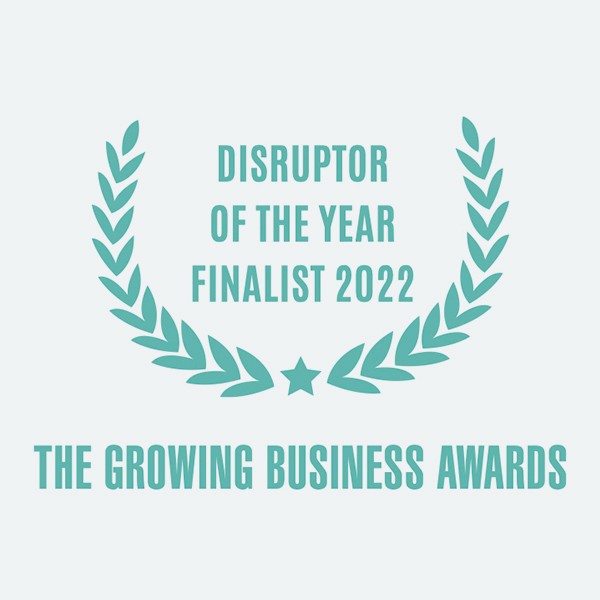

Startup Spotlight: Biizey
03 December 2018
This month, Mark Marinov talks to us about his experiences as a co-founder of cloud-based software startup, Biizey
Can you introduce your start-up? What is it, and how did it come about?
Biizey is the best business cloud-based software for Small and Medium businesses.
Biizey is a mobile, compound, but very convenient and easy to use management system for your company. You can use it for relationships with partners and customers (CRM), tracking payments, cash flow, debts and assets, for income forecasting and planning, issuance of invoices and other accounting documents. It works simultaneously on a mobile device as well as on a desktop computer. Additionally, you can print via our mobile Bluetooth printer when using the Biizey mobile app.
Where are you in your startup journey?
We are constantly developing the app, based on customer feedback.
The most current version is GDPR compliant, with 10 main interconnected modules and is available in 3 Languages – Bulgarian, English and German. The platform allows company owners from all European countries to register their companies and use the platform for their management operations.
Biizey.com is scaling to the European Market.
As of the end of September 2018, we have more than € 8 Million total turnover by all our paying customers and it is gradually growing each month.
More European countries to follow in 2019.
To date, what has been the biggest triumph for your business?
For me, business triumph means satisfying your customers’ needs.
Our customers rarely ask us for help or support. They just pay for the service and use it on a regular basis. For us – this is a very positive sign that they are satisfied and happy with what we provide.
Are you a co-founder? If so, how have you found it? And do you have any advice for partners working alongside each other on how to make that business relationship work?
Yes, we are two co-founders. I have known my partner for many years, working on different projects together before we started Biizey.com.
Based on the advice I have been given and from my experiences so far, the most essential thing that makes a business relationship work are your values. Partners should become such based on their common values.
The leader should focus his partners‘ attention on values that are most important to him before offering them a partnership. So, make a list of the most important values, describe them well and why they are important for you, for the business and for the team. Then on a regular basis affirm that everybody on that team is familiar with those values.
Corporate values should be closely related to people, not products. Common values unite people and as a result, those people create. These values will help them create perpetually and moreover, these values must preserve their relationships beyond company success or failure. The leader must choose wisely on the character of each value. Quality values can help the team overcome failure and continue on the next idea together.
Business relationships are based on values, but also on business principles that very often do not make us feel comfortable and that is where many startups fail! When one of the founders starts to apply business principles and others dislike this, tension rises. So it is best if the leader entangles business principles within the values in the very beginning and again – regularly communicates them with the team, making sure that everybody is on the same page.
How do you manage to balance growing a start-up with having a personal life?
With sacrifice. Things do not happen overnight, so patience is vital. I prefer to postpone some of my tasks for the next morning rather than sacrificing my evening with my family. Furthermore, I forget my phone in the foyer when I come back in the evening. And that feels good.
Family is important because it is still there, after your first failure and after your second. Your family follows you with your success. Your spouse/partner is much more important than any of your crazy ideas. They are as crazy as you are if they are also making sacrifices for your success. Even after all these years and strong words, I cannot say that I have the solution. I just make sure that I have quality time with my loved ones whilst making sure that I don’t leave my business plans behind.
How do you cope with the pressures that come with building a business?
Pressures most likely come from problems. And I don’t leave problems unsolved. I try to spend as little time as possible on pressures either by quickly finding a solution and moving forward onto the next thing or engaging with other tasks and coming back to the problem when things have calmed down.
Did you pursue investment? If so what advice would you give on pitching? What was your secret weapon?
Yes, we pursued investment and we have turned down investments. Again – because of business value discrepancies. So we would partner with an investor who shares our common values.
And advice for pitching – I am not the best advisor on this, but yes – People, when you pitch – do not beg! Show that you live your idea and that your idea has a personal impact on you, your environment, and has great value to many. And finally – show your investors that you can actually do it.
If you could name one thing that you wish you knew when you started, what would it be?
I knew it would be hard, but it was much harder. However, we still sustained.
To date, what has been your most important lesson?
- Don’t get emotionally attached to an idea, concept or industry. Be pragmatic and analytical no matter how good the idea might be.
- Patience! Good things do not happen overnight. While you wait, build up the team!
Do you have any tips or advice for anyone thinking about starting up their own business, or who have just started their journey?
Your idea is NOT enough. Your expert opinion over a particular area or idea is not enough.
Learn how big and established businesses build up their teams and how they develop their products or services. Always be open to learn and quick to apply these methods to your own process.
Startups tend to think that if they innovate in a particular area, they are innovators in general, so they start innovating in team building, in organizational development, in product R&D and prototyping. And that’s wrong. They should focus on their innovative idea and learn how to turn that idea into a sustainable business from others. Of course – one must be wise to choose mentors and advisors as well.
What has been the most challenging part of your start-up journey so far?
To accept an investment or to turn it down. Yes, we turned it down and we kept on going.
What’s next for your business?
Global expansion is just behind the corner.
Keep up to date with what we’re up to via email






Copyright ©Robot Mascot Ltd. All rights reserved.





